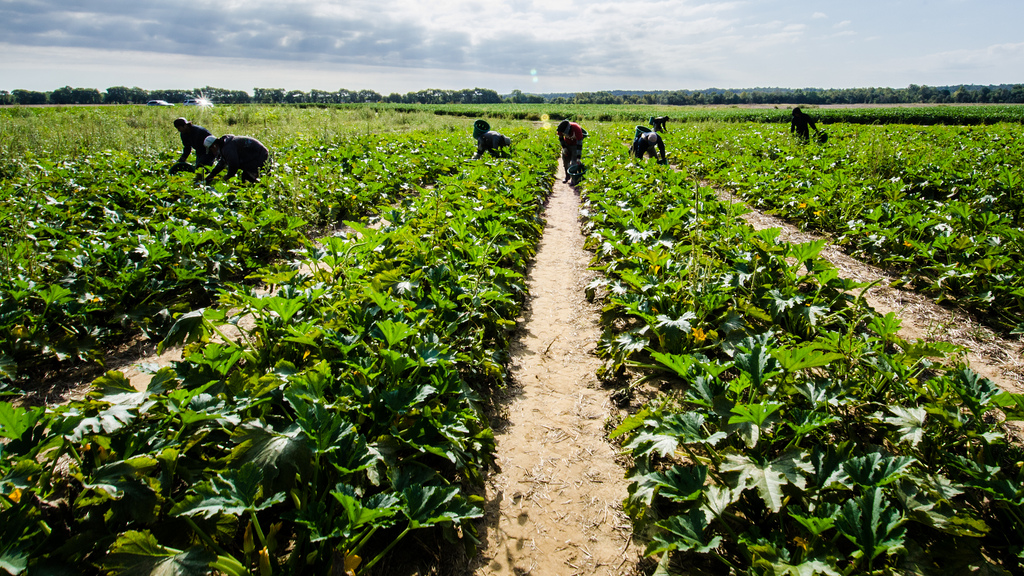A two-year pilot to allow non-EU migrant workers to work on farms, then return after six months, has been welcomed by the Scottish Secretary David Mundell.
Mundell said: “We have listened to the views of farmers in Scotland and across the UK. Many of Scotland’s farms, in particular, our soft fruit growers, rely on seasonal workers.
This pilot is a welcome first step in ensuring that Scottish farmers can continue to access the workers they need to grow and harvest their produce.
But it’s unlikely to do much to plug the gap in the rural workforce. Westminster Scottish Affairs Committee vice chairman John Lamont MP visited Borders Berries near Kelso earlier this year.
He said that in some parts of Scotland, fruit is already being left unpicked and rotting, and the industry will soon be 20,000 workers short of what it needs.
It means the 2,500 workers granted access to the UK as part of the two-year pilot will only cover an eighth of the shortfall.
Soft fruit production in the UK has grown dramatically, by 130% in the last 20 years. In Kent, Hereford, Worcestershire, Shropshire and Perthshire fruit has become particularly important while field vegetables are grown widely across the rest of the UK.
Scottish fruit and veg in numbers
In 2016, Scottish fruit and vegetables had an output value of £265.9 million.
In June 2016, Scotland had 22,000ha of land used for horticulture:
- 18,200 for vegetables;
- 1,900 for fruit; and
- 950 for flower and nursery stock.
The Seasonal Workers pilot will be run by two scheme operators, who will oversee the placement of the workers. The arrangements for selecting the scheme operators will be announced in due course.
To be eligible for the pilot, workers must be at least 18 years old on the date of application and be from outside of the European Union.
The pilot will commence in the spring of 2019, will run until the end of December 2020 and will be monitored closely by the Home Office and Defra.

